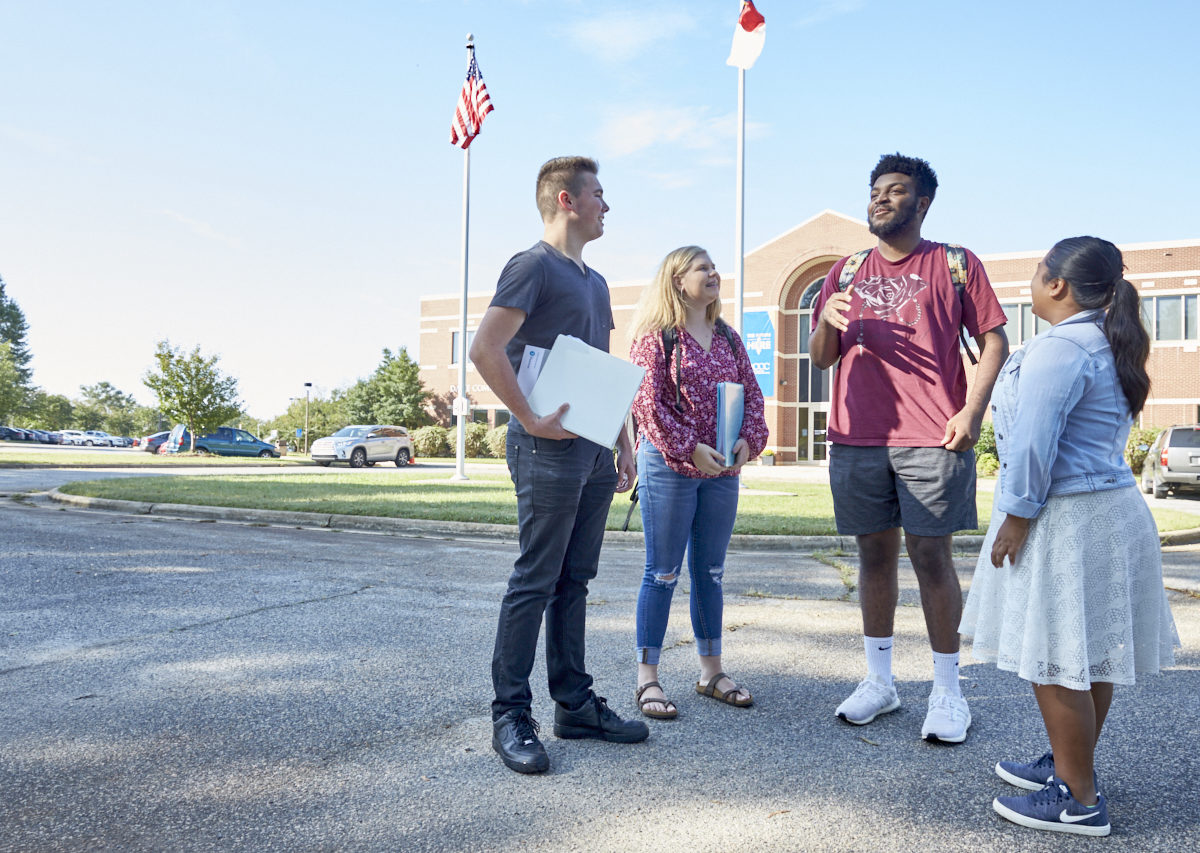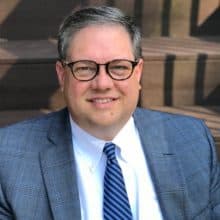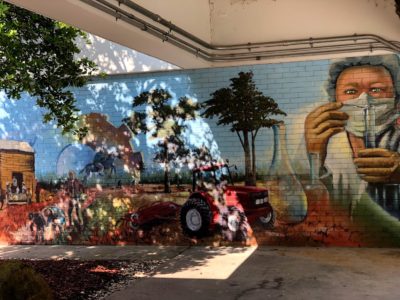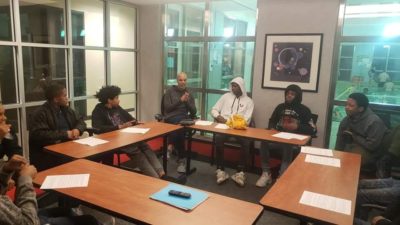

Editor’s note: This perspective from Darrin Hartness was originally published on June 1, 2020 as part of a message to Davidson County Community College faculty, staff, and students.
Monday, June 1, 2020, was the start of summer session at Davidson County Community College (DCCC). The first day of class is supposed to be one of excitement and anticipation for a fresh start. Instead, I found myself with a heavy heart, but I have hope for a better future!
The past several months have been consumed with challenges as a result of COVID-19, however, our students, faculty, and staff have persevered. Together, we are moving forward stronger as a campus community.
While we have prepared and will continue to adjust to deliver high-quality instruction in the midst of a pandemic, the unrest across the country over the past few days has spilled into our local communities and forced us to face difficult realities. Racism is real. People are hurting. People are angry.
Conversation around every dinner table includes the tension we are experiencing in America right now. Some have chosen to vent their frustrations in peaceful protest, while others have chosen a path of violence and destruction that makes matters worse and destroys the property and lives of others. It is okay to be angry right now, but violence or hatred will only continue to erode and divide.
The events of the past week have caused me to believe even more strongly that we can create a better place to live peacefully together with love and compassion towards one another. For there to be peace in a time of chaos, I am reminded of life lessons from my childhood that would serve us all well: stop and count to ten before reacting; take a deep breath and exhale slowly; do unto others as you would have them do unto you; and listen more and talk less.
George Floyd died on May 25, 2020, from circumstances that have become too frequent and too familiar. His murder, at the hands of a bad cop, was beyond tragic. The actions of this bad cop, and the actions and inactions by several around him, put a negative light on the hundreds of thousands of law enforcement officers who put their lives on the line each day for our safety, standing by their oath to protect and serve. This death and too many other similar circumstances have exposed continued racism and released anger and sorrow. Let’s not be like those who stood around and did nothing to stop George Floyd from dying!
As I have reflected on the events that began in Minneapolis last week, I cannot help but to also remember our Latino and Asian students and neighbors. The public health crisis has had a disproportionate effect on our Latino communities. Latinos have been unfairly profiled and Asian citizens in our country have been blamed for bringing the coronavirus to America. These accusations are hurtful and harmful to those targeted, lead to more mistrust and tension, and perpetuate racism. This pattern must not be tolerated.
Due to the coronavirus, I am wearing a mask in public places. I wear a mask not to protect myself, but to protect others in case I am carrying the virus. I see many people choose to ignore the advice of our medical professionals, while many others show their neighbors that they care. When you see someone wearing a mask, think of that person as one who puts others first, and just maybe that mask can be a symbolic reminder for us all to talk less and listen more.
So, how do we deal with all of these emotions? We practice what we teach! At DCCC, we solve complex problems as a team, using all of the resources at our disposal. Each of us can be a part of solving complex societal issues together.
As an education community, we must first recognize that we all are struggling right now. Let’s take time to encourage one another. Now is a time for us to recognize and address our conscious and unconscious biases, as these biases are not permanent markers on our character. Through mutual respect and promoting fairness and dignity, we can be part of a better tomorrow.
Let’s not forget to remind our students and employees to reach out for assistance during this challenging time. Asking for assistance is not a sign of weakness. It is healthy to connect with friends and family, and professional resources are available if needed. At DCCC, and in all of our community colleges, we have numerous methods of supporting the personal and academic needs of students. Our COVID-19 hotlines remain available, and our Counseling, Health, and Behavioral Services Office is staffed by professionals.
The events of the past week may have also brought back memories of past personal trauma for some of our faculty and staff. We are supporting them both on campus and through our Employee Assistance Program. As we meet the needs of our faculty and staff, they are better equipped to meet the needs of our students and communities.
We must recognize, but not accept, where we are and take intentional steps toward a better future. I invite educators from across our wonderful state to join me in building a more inclusive environment that recognizes people of all backgrounds and respects our diverse experiences. We can break this cycle. We have the power to create an even better “new normal.” We will be stronger.
At DCCC, we are committed to do our part in providing a campus climate that is free from racism, prejudice, or hostility, but instead is welcoming, inclusive, caring, and compassionate. Will you join us?




